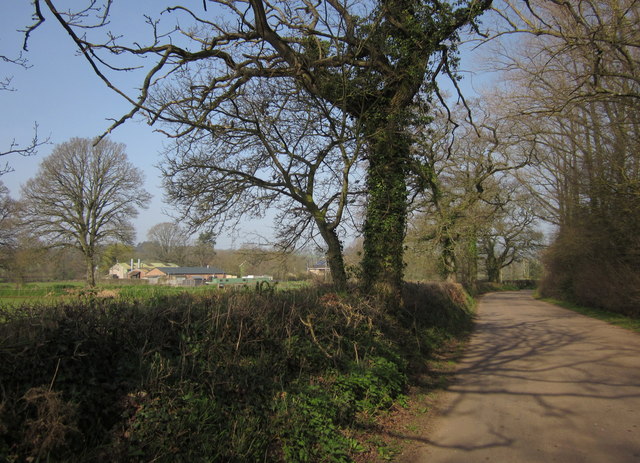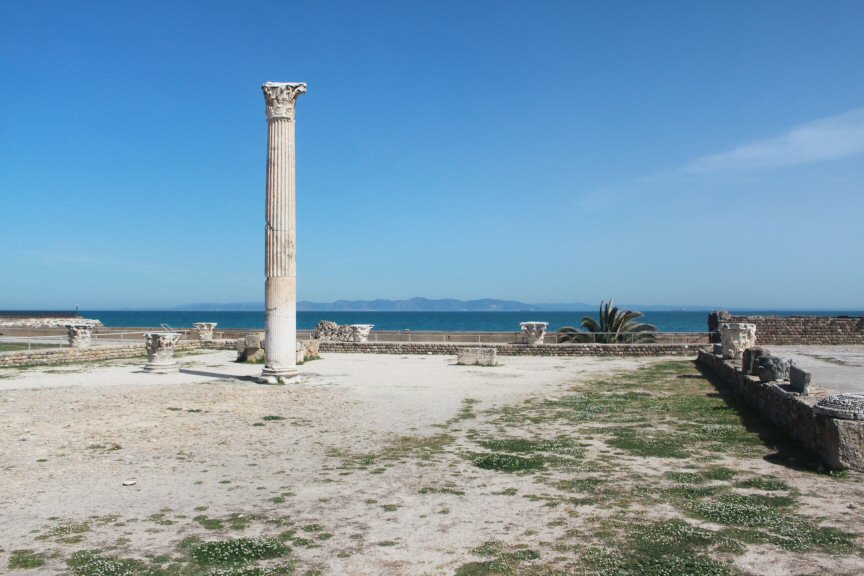In my previous post I discussed the challenges facing European Council President Charles Michel as he took over responsibility from the Finnish Presidency to prepare the draft conclusions on the Multi-annual Financial Framework for the coming meeting of the European Council on 20 February next.
The Finnish Presidency proposal had been attacked on all sides as unsatisfactory. Yet, in that previous post, I speculated that Mr Michel was unlikely to hear anything very different to what the Finnish Presidency had heard when charged with forwarding the ‘negotiating box with figures’ to the December 2019 meeting of the European Council.… Read the rest





